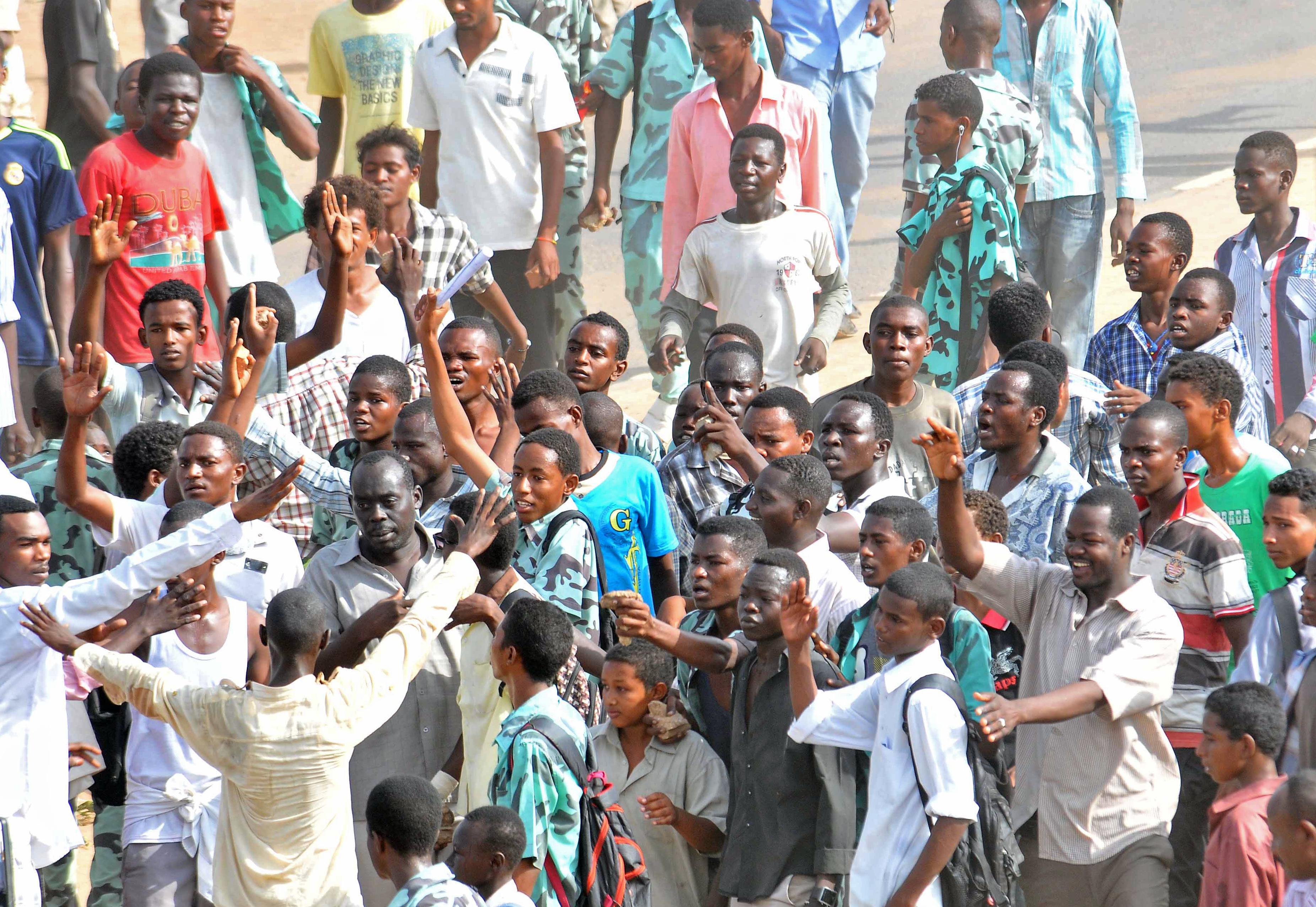Step 1: Heavily subsidize fuel. Leave subsidies in place for years.
Step 2: Remove subsidies.
It’s still not clear whether Sudanese President Omar al-Bashir is going to attend the U.N. General Assembly meetings in New York, but there’s plenty of drama back in Khartoum, where demonstrators have “set a university building and several petrol stations on fire” and the government has reportedly now entirely turned off the country’s Internet.
The demonstrations were sparked by the government’s decision on Monday to lift fuel subsidies in response to skyrocketing budget deficits. This is a very familiar story, which seems to repeat itself every time an oil-rich developing country enacts these subsidies and then removes them.
Nationwide protests erupted in Indonesia in May and June over the government raising the rising power’s artificially low fuel prices. Last November protesters in Amman, Jordan, clashed with riot police over a subsidy cut. Hundreds marched and rioted throughout Nigeria in March in protests that occasionally turned deadly. Iranian fuel price moves triggered riots in 2010 and 2007. Yemen had them in 2005. A cut in gas subsidies in Venezuela in 1989 helped to trigger days of rioting followed by a harsh government crackdown, a key event in Hugo Chavez’s rise to power.
Fuel subsidies, in other words, make short-term political sense for populist leaders but are very difficult to remove, even when it becomes an economic necessity—a problem Egypt, among other countries, is currently grappling with.
The Sudan situation is worth watching closely. The country was one of the dogs that didn’t bark of the Arab Spring, seeing protests in Khartoum in early 2011 but remaining relatively calm compared withneighboring Egypt and Libya. (On that front anyway. In other developments, the country split into two in the summer of 2011.)
We’ll see if Bashir’s government’s latest move—apparently shutting down the Internet entirely—will work out better for him than it did for Qaddafi and Mubarak.
